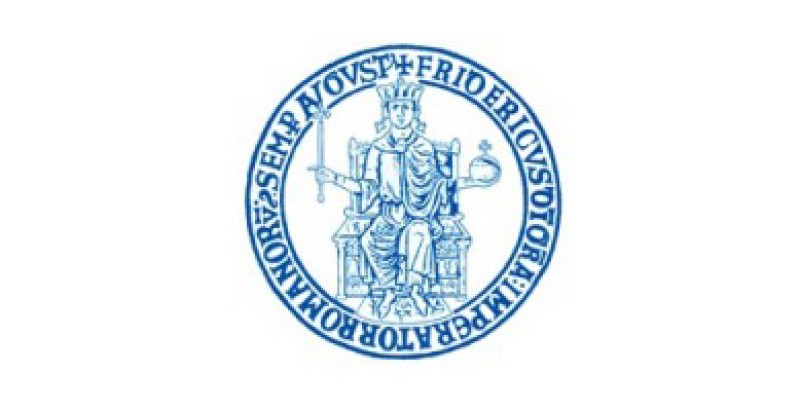Sub-theme 59: Considering the Commons in Organizations in the Shadow of Rational Organizing
Call for Papers
Since she received the Nobel Prize in economics in 2008, Elinor Ostrom gained recognition for her work on the concepts
of "commons" as an object and the "common" as a principle to regulate and govern them. Her extended empirical
and theoretical research demonstrated how natural resources were managed efficiently by local communities without referring
to traditional property rights, hierarchy or State intervention. This sub-theme invites to follow this new path in order to
explore the common and its theoretical and empirical implications for economics and management.
In an
individual-driven market-society, organizations are conceived and organized as virtual nexus of contracts and conflicting
individual interests, and finally as market-regulated hierarchies (Alchian & Demsetz, 1972; Fama, 1998; Jensen & Meckling,
1976; Williamson, 1979). This vision of the firm and of human beings overshadows several collective perspectives. We propose
to shed light on and discuss perspectives gathered under the notion of "common", understood as a principle or as ontological
objects.
Organizational efficiency is not achieved by mechanical sequences of individual operations. It relies
on working interrelations, coordination and, to some extent, commitment and adhesion to common values and norms. In order
to proceed, organizations need –at least- cooperation. In turn, willingness to cooperate demands trust. Can trust be durably
fostered within interpersonal relations in a context where nothing in the organization is seen as common? It is possible to
wonder if the firm can safely ensure its continuity with individualized management practices that fail to consider what individuals
have in common.
In management and organization studies, the use of the term commons or seeing the firm
as a community of persons is rarely explicit. Indeed, several studies approach these issues through mobilizing concepts such
as organizational commitment, organizational identification, organizational citizenship behavior. However, it is not clear
what is considered as common. Hence, we would like to invite colleagues from different disciplinary traditions to consider
the common from their field, with new eyes. For instance, anthropological and sociological insights invite us to
consider organizational culture as an essential common attribute of any social group, whose identity relies on a system of
shared beliefs and specific conventions (Gomez & Jones, 2000).
Exploring the notion of commons in organizations
is important to shed new light on its various implications and to link it to entities that can reasonably be considered common
by nature. There are few studies on the common in the literature, to the notable exceptions of Melé (2012) considering the
organization as a substantive community of persons, O'Brien (2009), investigating the theme of the common good, and of Hollensbe
et al. (2014), establishing a common purpose.
We invite scholars to submit papers that can theoretically or empirically
contribute to establish solid grounds for a vision of the common and how it relates to the commons: community, common sense,
common values and beliefs, new governance forms, common good of and through the firm, the organizational processes involved,
the specificities of the study of the common and its implications for organization studies and management research.
Contributions should underline either a description of the common, its anthropological or philosophical foundations, or its
organizational or managerial implications and outcomes. Political and ethical issues are also of special interest, for instance
looking at personal and societal consequences of sharing a ‘"common business ethos" and the way in which organizations consequently
fashion society.
Potential topics for submissions include:
- Can the firm as a community of persons be seen as a commons (as defined by Ostrom, 1990) and on what theoretical ground?
- Why and when was the vision of the business organization as a community of persons overshadowed by managers' and scholars' vision as an organizing abstract entity?
- What are the internal logics of a community of workers? Why and how does it resists to mangers' will to rationalize the organization with rules and structures?
- What are the limits, drifts and abuses of the internal logic of the community? How can rational management counterbalance its flaws?
- What are the implications of this vision of the common for collective action and management of a common good?
- How can the "common good" of and through the firm be defined and pursued? How is this "social good" a common as defined by Ostrom?
- Can we denunciate a common evil without defining a common good? How should this question be addressed, in particular in critical management studies?
- How and why should we distinguish and connect the concepts of consensus, common interest, common good, and stakeholder theory?
- What roles can public and private institutions play in redefining the common good in and through the business organization?
- What are the managerial implications and responsibilities when exploiting the idea of common and common good?
References
- Gomez, P.-Y., & Jones B. (2000): "Crossroads – Conventions: An Interpretation of Deep Structure in Organizations." Organization Science, 11 (6), 696–708.
- Hollensbe, E., Wookey, C., Hickey, L., George, G., & Nichols, C.V. (2014): "Organizations with Purpose." Academy of Management Journal, 57 (5), 1227–1234.
- O'Brien, T. (2009): "Reconsidering the Common Good in a Business Context." Journal of Business Ethics, 85 (1), 25–37.
- Ostrom, E. (1990): Governing the Commons: The Evolution of Institutions for Collective Action. Cambridge: Cambridge University Press.
- Melé, D. (2012): "The Firm as a 'Community of Persons': A Pillar of Humanistic Business Ethos." Journal of Business Ethics, 106 (1), 89–101.


